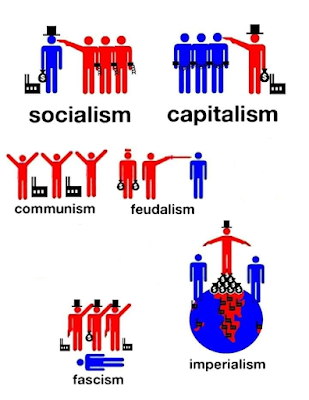Cold War & Disintegration Of USSR
‘Cold War’ was used for the first time by Bernard Baruch. Popularity through the journalist Walter Lippman. Conflicts between the western world and the Communist countries. State of uneasy peace - Neither a condition of war nor a condition of peace. The ideological war otherwise known as Cold War. The vertical division of nation states. Military alliances were made. Arms race developed. Nuclear holocaust threatened the world on many occasions. Beginning of the Cold War Communist regimes in Poland, Bulgaria, Rumania, Hungary and Yugoslavia. Soviet Union brought East Germany under her influence. West Germany came under the influence of the U.S.A. Soviet Union blocked all roads to the west-occupied zones in Berlin. This is known as Berlin Blockade . 1947, 5th June , the Marshall Plan was announced by the U.S.A. by which economic assistance was to be provided to the western European nations. Response to American Marshall Plan, the Soviet Union initiated Molotov Plan. 1948, March 12, Truman...

.png)